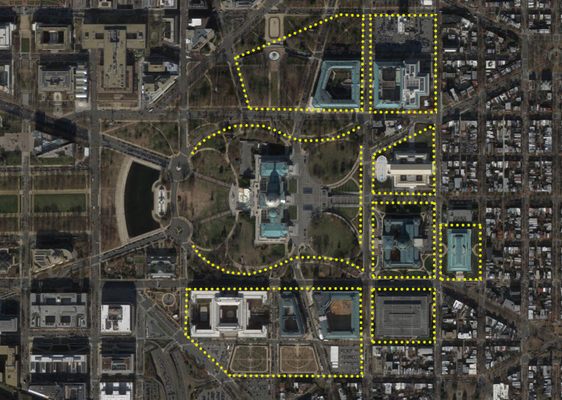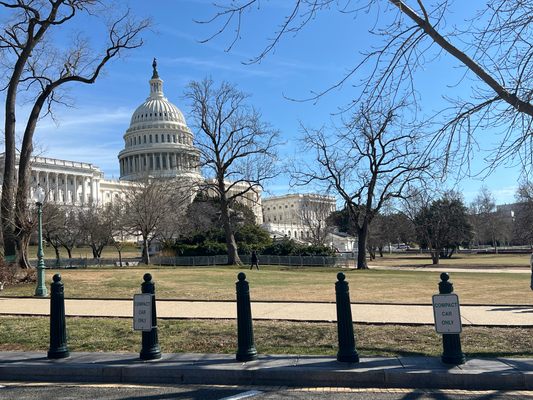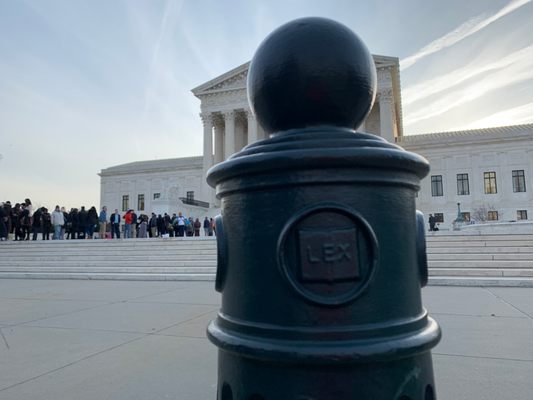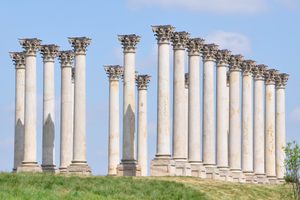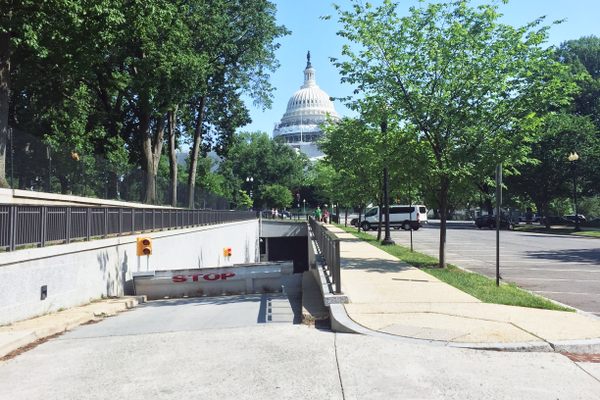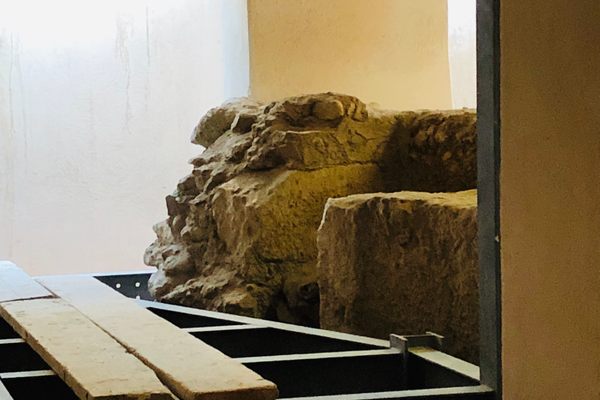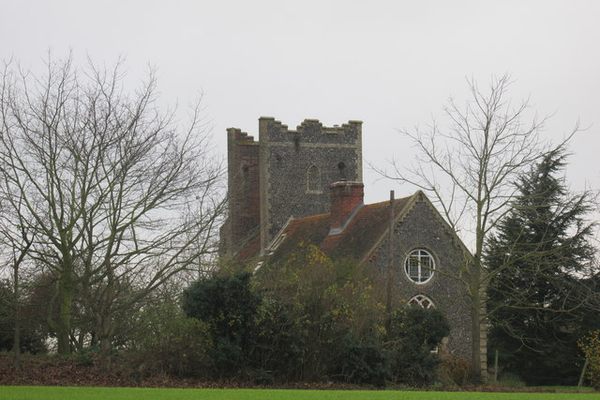About
Bollards are perhaps the only thing more plentiful on Capitol Hill than tourists. The waist-high steel posts installed after 9/11 cost about $7,500 a pop, and reportedly can stop “an eight-ton truck barreling into them at 50 mph.”
The U.S. Capitol’s great wall of bollards was installed over a two-year period starting in October, 2001. The posts were manufactured by the Empire Steel Castings company in Pennsylvania, after the design was approved by the Architect of the Capitol and the Capitol Police.
More than just a security feature however, the bollards were a carefully considered piece of street furniture that contribute to the architectural character of Capitol Hill (whether positively or negatively, the jury is still out).
As far as Washington bollards go, these ones rank as fairly ornate. Nothing like the massive bunkeresque blocks that ring the FBI headquarters, or the standard fare you see in parking lots, often just a steel piece of plumbing topped off with concrete. No, the Capitol bollards are bollards done right. The 4-foot-tall posts are fluted like a greek column, cast from a single piece of steel, and painted a stately shade of dark green that blends well with the Olmstead-designed landscape. Beneath the softball-sized orbicular tops, neat little Congressional Seals are stamped into the shafts.
Another notable design element of the Capitol bollards is their simple uniformity. Across Washington one finds an astounding mishmash of improvised bollards, jersey barriers, and concrete blocks, not just from one building to the next, but often in overlapping strips. Oval-shaped barriers, rectangular barriers, and an array of posts are all cascading unpleasantly over one another.
While the security efforts at other government agencies was clearly a make it up as you go affair, the stewards of the Capitol Building took their time and thought the thing through comprehensively. Wherever you wander over the 150-acre Capitol campus parkland, with its six adjoining office buildings, three library buildings and numerous parking lots, rest assured that you will always encounter the same standard bollard design. (Though there is one caveat to the trend at the Supreme Court, where the Congressional Seal has been supplanted with a legal book bearing "LEX.")
In total, the Capitol bollards run along a roughly 29,000-foot, 5.5-mile perimeter that (assuming an average spacing of four feet) works out to a staggering 7,000 elegant, identical bollards. Now that you’ve read this, you’ll start noticing them everywhere.
Related Tags
Community Contributors
Added By
Published
August 10, 2017


